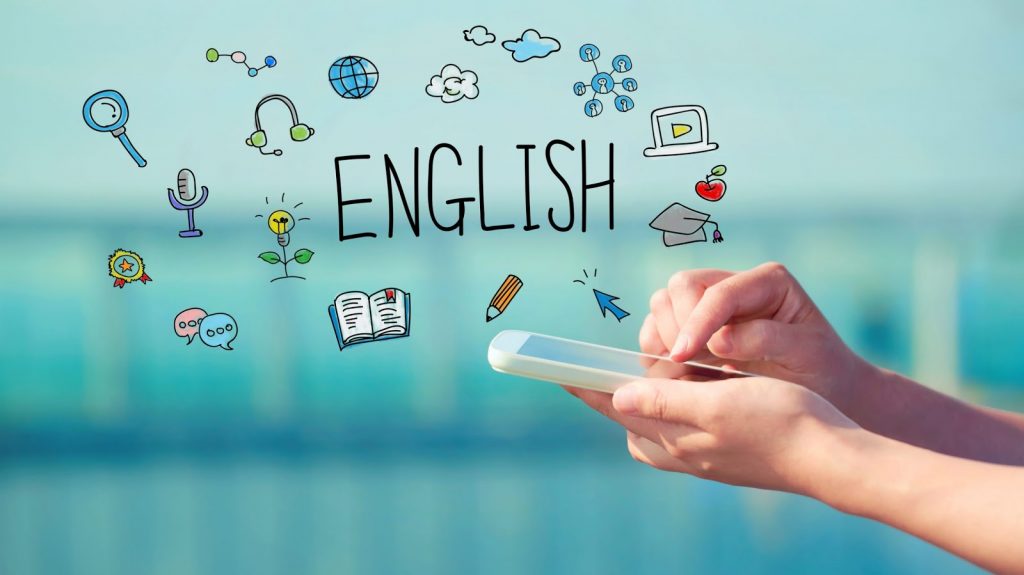For foreigners visiting, studying or moving to Australia where English isn’t their first language, there will be some challenges to face. It’s important to get at least a basic grasp on Australia’s official language as quickly as possible. In this post, we’ll look at some ways to learn and improve an individual’s English language skills, so they can assimilate readily into the Australian culture and way of life.

1 Be Surrounded By English As Much As Possible
Migrants and foreign-speaking visitors need to surround themselves with English as much as possible. The more a person is exposed to the language, the quicker they’ll pick it up. If a migrant comes to Australia and only associates with people who speak their own language, learning English will take a much longer time.
2 Download An App That Teaches English
There are many apps designed for smartphones and tablets that teach English. Search any app store and there will likely be hundreds, some free and some that you have to pay for.
Downloading an app enables a person to learn English at their own pace at any time. It can be done at home, while going for a walk or riding on a bus or train.
Apps are also handy for translating information into someone’s own language.
3 Watch a Lot Of TV
Most of the time, watching too much TV is not considered a good thing or a very productive way for someone to spend their time. It’s a different story for people who are learning a new language though.
TV programs and movies are very engaging. There is also action taking place that can be associated with words that are being spoken by the characters. Many people around the world have improved their language skills by watching TV, so it’s definitely not a waste of valuable time.
Another option is to watch DVDs, where you can rewind certain scenes and watch and listen to them repeatedly to learn what’s being said and have a better chance of understanding the meaning.
4 Make Notes Of New Words You Learn
Each time you learn a new word, make a note of it, either in a notebook you carry around, or in the notes app on your phone. In time, you’ll have built up a handy list of words you can study and reference when you need to.
5 Always Be Listening
To have a chance of learning English quickly, it’s important to always be listening to people and focused on what they are saying. While someone who can’t yet speak much English may not contribute much to a conversation, it’s the perfect opportunity to just be listening intently to every word that’s spoken and how it’s spoken.
6 Find Other People Who Can Speak Both Languages
If a migrant can team up with another person who speaks both their mother tongue and English, not only can this person act as a translator, but also a teacher. Spending time with someone who is bilingual is one of the most effective ways to shorten the English language learning curve.
It’s possible that there might be some social groups in the area where you can mix and mingle with others who speak both languages. You’ll make some new friends as well as further your English speaking and comprehension skills.
7 The Adult Migrant English Program (AMEP)
AMEP, also known as the Adult Migrant English Program, is targeted at new adult migrants to help them fast-track their ability to learn English and assimilate quickly into the Australian way of living. Learning English also vastly improves the chances of new migrants landing a job, as well as enjoying a social life.
The AMEP program provides up to 510 hours of quality English language tuition. The learning schedule is flexible, allowing migrants to fit their studies around other responsibilities.
AMEP is one of the very best ways for new migrants to grasp the national language in the shortest possible time-frame.
The Takeaway
There are numerous ways foreigners and migrants can better their English language learning skills. Some practical ideas have been covered here, but in reality, there are many more ways to learn a new language. Studying or doing the AMEP program are some of the most effective.
